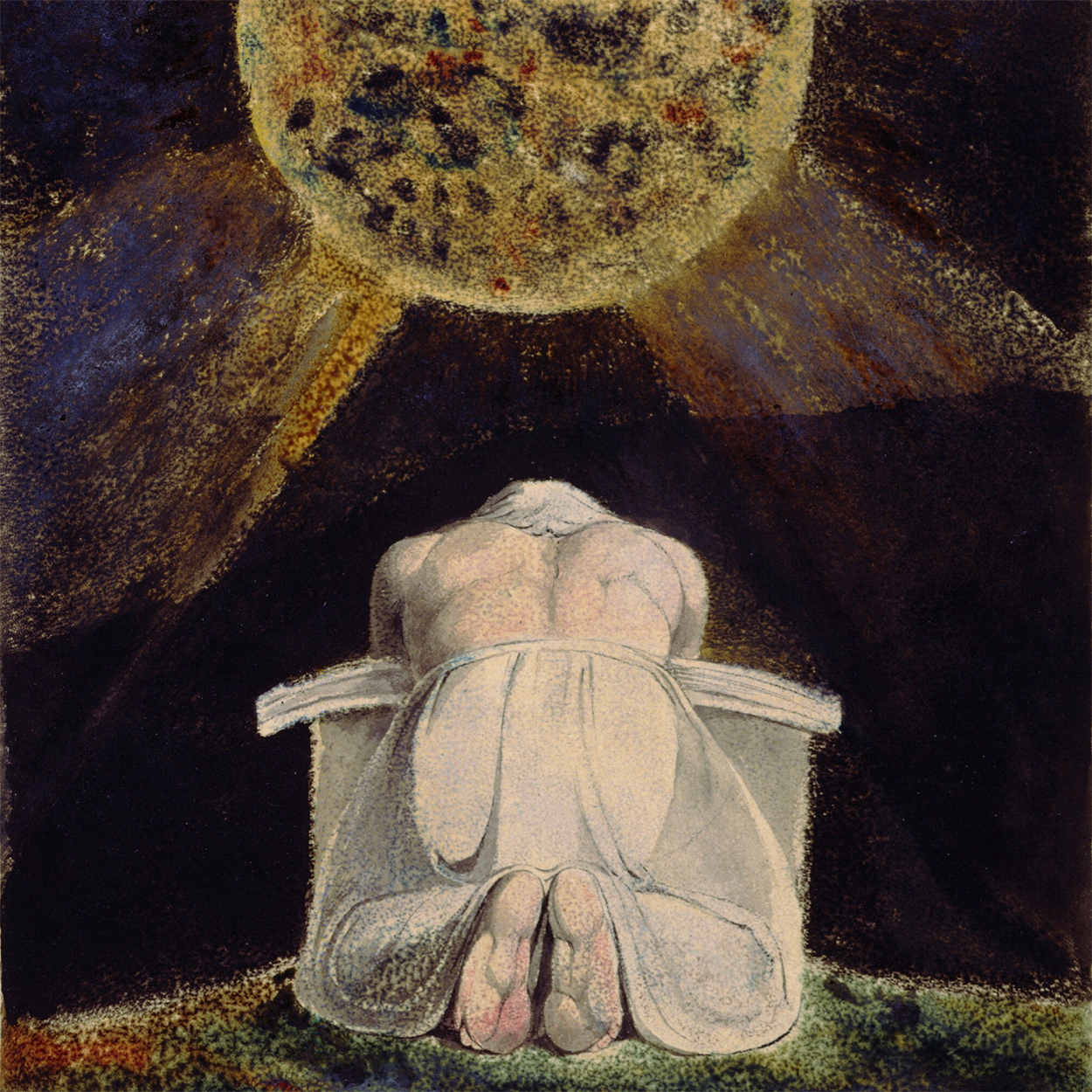The taller the peak we aspire to summit, the more likely we are to be grave, sober, and cautious in our approach. Not because we are timid in the face of an ordinary task, but because we are self-aware in the face of a great one.
Anyone who contemplates scaling Mount Everest with nothing but frivolousness is unready for the challenge. Such a person fails to grasp the magnitude of the challenge before them. We are small and a mountain is big. To fail to recognize the disparity between our meager capacity and the mighty demands of the challenge is ignorance. To see the disparity but refuse to admit it is pride. To embark on the task anyway—to drag our ignorance and pride behind us as we seek the top of the mountain—is foolhardy. Such an ill-advised adventure is doomed to contemptible failure.
If, however, we acknowledge the gap between our abilities and the challenge ahead, then we have found humility. If—knowing how difficult the task will be—we make the best preparations that we can and embark on the journey towards the mountain peak with fear and trembling, we have arrived at the conflux of bravery and humility.
This mortal life is the mountain. It was designed to be difficult because accomplishing difficult things is how we grow, and growing is why we are. God sent us here as one phase in a long journey to become like Him. That is one of the most essential truths of the Restoration. Life is not an evaluation to see whether or not we are already strong. Life is the testing ground where, if we confront the hardships and sacrifices and tragedies of life head-on, we become strong. The taller the peak we aspire to summit, the more likely we are to be grave, sober, and cautious in our approach.
There is no easy path to the top of the mountain. To be sure, there are breathtaking vistas, fresh springs, and good company along the way, but the difficulty isn’t an accidental flaw that threatens to spoil an otherwise pleasant climb. The difficulty is an indispensable aspect of the trek. Trying to become more like God without enduring difficulty is like trying to grow physically strong without lifting heavy weights. The plates stacked on the barbell are not inconvenient obstacles; they are the mechanism by which exercising takes effect. In physical training, the weight is the point. In life, the difficulty plays the same role. If you seek an easy way through life, then you do not understand why we’re here.
And yet the unfortunate reality is that, as eternal spirits grafted to biological creatures, seeking to avoid difficulty is exactly what most of us do. It’s in our nature. It has ever been thus.
Something has changed in the last couple of centuries, however, and especially the last few decades. Human beings have always sought to evade difficulty, but we have never had such a vast and powerful panoply of escape routes.
The blessings of modernity—running water, electricity, medicine, ready access to vast stores of information and art—are profound. But our modern, consumerist society is to a great extent a single, vast, cohesive machine designed to enable us to deny hard truths, delay wrenching choices, evade irreversible sacrifices, and basically avoid pain or hardship of any description.
We divert staggering levels of resources to producing consumer goods like sophisticated spectacles and disposable physical goods. In one century we went from the first manned flying machines to landing on the moon, but in my lifetime humans have never traveled beyond low-earth orbit. Instead, the proudest technical achievements of my generation have been to draw ever closer to the day when the “instant” in instant gratification will become a literal reality: downloads are faster, binges are longer, delivery is same-day. Just don’t ask what it’s all for. Human beings have always sought to evade difficulty, but we have never had such a vast and powerful panoply of escape routes.
We give more and more of our time and attention to social networks that claim to be collections of friends and family, but are in reality cleverly-designed traps that hijack our neurophysiological hardwiring to keep us from ever looking away. Social networks are free to use because we are not the customers, we’re the product. They hold us captive to expertly-engineered and precision-targeted advertising campaigns that whisper straight to our subconscious how much we need the next item from the endless parade of products to be happy and fulfilled. And then the next and the next and the one after that, too.
As a byproduct of this vast web of profit-motivated distraction and avoidance, there has never been a time when it is more possible to forget that life is difficult. And if we forget that it is difficult, it’s easy to never ask why it should be that way.
We are starving, but we feel no hunger pains. We are empty, but we think one more click will fill us. We distract ourselves from difficulty without realizing that the difficulty is a part of why we are here. And if we forget that the difficulty is a feature rather than a bug, then we forget how to be either truly humble or truly brave.
The unexamined life, according to Socrates, is not worth living. Why? Because if we do not exercise the option to confront and examine the outside voices telling us what to watch, what to wear, what to believe, and ultimately what to be, then, we become merely the echoes of those outside voices. The unexamined life is not worth living because it is the life of an inanimate object. We simply reflect back the forces that impact us, bouncing around like billiard balls following the blind laws of physics without a single self-directed action that derives from some true aspiration or desire deep inside. We give up our birthright as agents to act. We become merely things to be acted upon.
Most tragically of all, we miss this one, singular, God-given opportunity to become something more. This mortal life has a purpose for all of us, individually and collectively. It is to become more like God, which means to become more full of honesty and decency and courage and compassion and wisdom and strength and—above all else—of perfect, Godly love.
There is a lot more to say about all of this. Comparing the difficulty of life to weights on a barbell is not a metaphor that holds up well when we consider the depths of tragedy and misery that unfold every day on Earth. There is nothing routine or benign about natural disasters and catastrophes. What kind of theodicy (explanation of why bad things happen to good people) is available to us if we push this idea to its limits?
In the upcoming essays, I will begin with the question above and then continue on to consider how the concept of a life that is difficult by design and intellectual humility relate to the purposes and benefits of organized religion, the nature of faith and other theological topics such as sin and obedience, along with the conflict between religious faith and the new religion of secularism.
Some of these essays will be updated, revised versions of pieces that I’ve published before. Many will be new. I hope that together they form a cohesive set of faith-promoting thoughts that fall within a tradition of radical orthodoxy: theology that unapologetically hews to the essential doctrinal core of our faith while reconsidering everything else.






Subscribe To Our Weekly Newsletter
Stay up to date on the intersection of faith in the public square.
You have Successfully Subscribed!